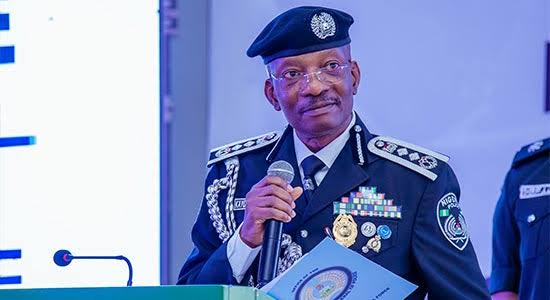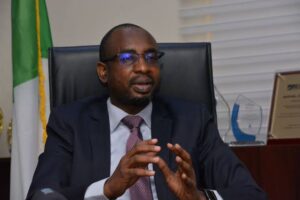The Nigeria Police Force has summoned prominent human rights activist Omoyele Sowore over serious allegations. These include forgery and inciting public disturbance. The official invitation, dated August 1, requests Mr. Sowore to appear for an interview on August 4 at the Inspector-General of Police (IGP) Monitoring Unit in Abuja.
The letter, signed by Deputy Commissioner of Police Akin Fakorede, was shared by Sowore on his Facebook page, attracting significant attention. This invitation relates to a case reported on July 31, involving claims of forgery and incitement to violence.
This development has ignited discussions across the nation regarding the balance between activism and law enforcement. Sowore is known for his outspoken stance on human rights and has faced legal challenges in the past. Many of his supporters view this invitation as an attempt to suppress dissenting voices and curtail free speech.
The timing of the police’s actions raises questions about their motivations. Activism in Nigeria often encounters pushback from authorities, especially when sensitive topics are involved. Sowore’s involvement in movements like #RevolutionNow has put him at the center of public scrutiny, as he advocates for better governance and accountability.
As the interview date approaches, there is heightened interest in how Sowore will respond. He has a history of using social media to keep his supporters informed and engaged. His reaction could significantly shape public discourse surrounding this issue.
The implications of this situation extend beyond Sowore himself, touching on broader themes of human rights and freedom of expression. Critics argue that such actions may undermine democratic ideals and create a chilling effect on activism. They worry it signals a crackdown on individuals who challenge the government.
Supporters of Mr. Sowore are rallying around him, emphasizing the importance of standing up against perceived injustices. They call for transparency and accountability within the police force. As discussions continue, public opinion remains divided on the matter.
In summary, the Nigeria Police Force’s invitation to Omoyele Sowore highlights the ongoing tension between state authority and activism. As he prepares for his interview, the implications for human rights and freedom of expression in Nigeria are significant. This situation serves as a crucial reminder of the challenges faced by those advocating for change in a complex political landscape.





